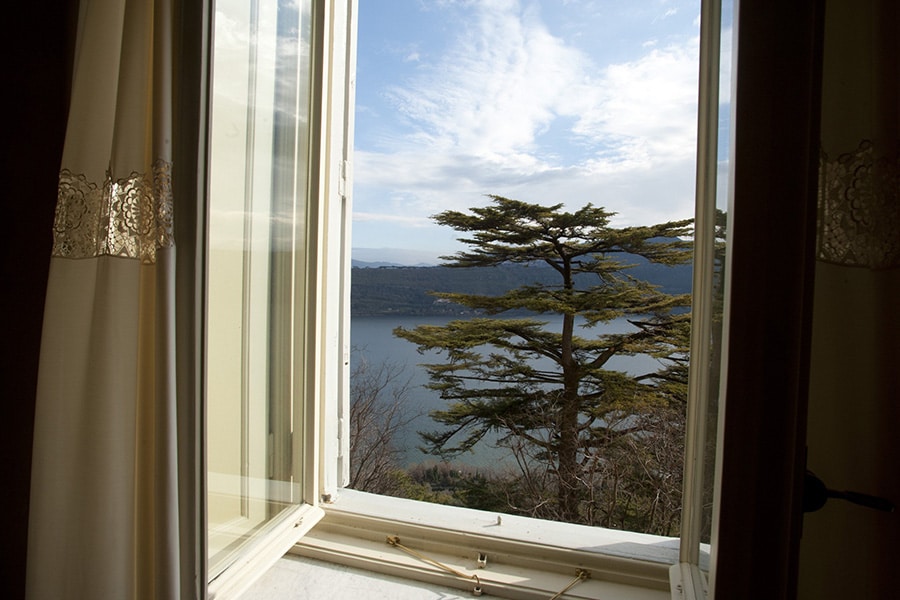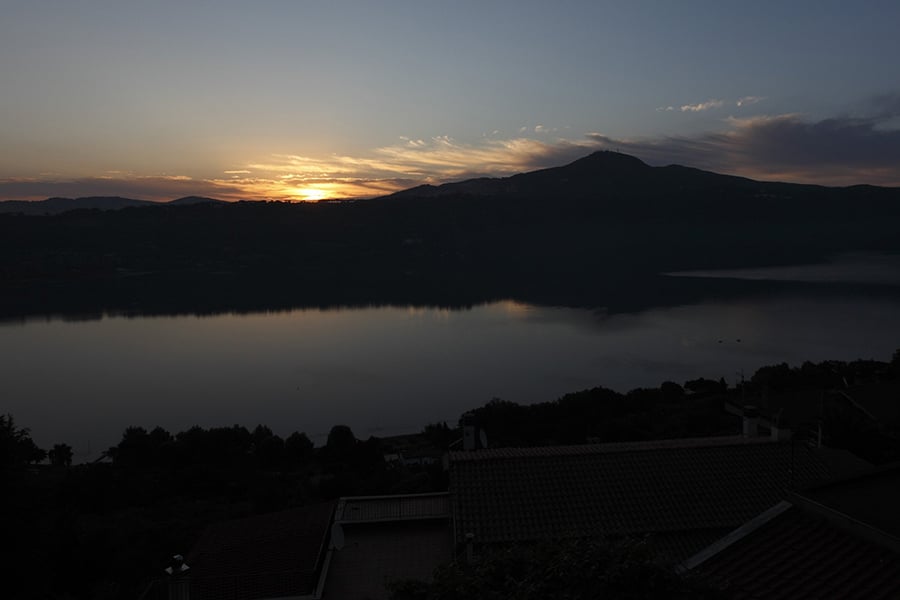Papal farm, gardens will be home to new center promoting sustainability

VATICAN Metropolis (CNS) — The papal property at Castel Gandolfo, with its vast gardens and various livestock, will now be the household of a new scientific and educational center devoted to selling integral ecology, sustainability, and a circular and generative economic system.
Pope Francis founded the new Laudato Si’ Centre for Better Education Feb. 2 since he wished “to make a tangible contribution to the advancement of ecological instruction by opening a new area for training and boosting consciousness,” the Vatican Metropolis governor’s office environment reported in a prepared information launch.
The initiative, termed the “Borgo Laudato Si’” job, will have “the natural beauty of the Villa Barberini gardens and the papal villas as the purely natural location for establishing a centre for training in integral ecology, open to all people today of goodwill,” it mentioned.

Prepared activities and initiatives will be introduced in the coming months, it stated they will intention to “combine training in integral ecology, round and generative economic system, and environmental sustainability,” it reported.
In accordance to the “chirograph” or short papal doc creating the center, the centre will be “placed under (the pope’s) private attention” and managed and run by its very own governing bodies and employees.
The pope appointed: Scalabrinian Father Fabio Baggio, undersecretary of the Dicastery for Advertising Integral Human Advancement, to be the center’s new director basic Salesian Sister Alessandra Smerilli, secretary of the dicastery, and Francesca Romana Busnelli as users of the board of directors and Antonio Errigo as secretary.
In accordance to its new statutes, the center will actively search for strategies to entail younger persons and people who are marginalized as nicely as the basic community.
Its papal mandate focuses on acquiring precise jobs that foster people’s holistic improvement and that endorse training and coaching in financial and environmental sustainability, influenced by the principles in pope’s 2015 encyclical “Laudato Si’, on Care for Our Common Household.”
In addition to sponsoring activities, seminars, conferences and study months, it also will arrange visits for the standard community that spotlight “the pure, cultural and scientific patrimony” of the papal home, according to its statutes.
Over and above investigation and schooling, the center’s routines also can consist of cultural situations, “hospitality” and foods products and services, employing common and advanced agricultural techniques, and continuing the papal farm’s functions of “animal husbandry” and creating dairy goods.
The papal home at Castel Gandolfo extends around 135 acres — as opposed to the 108.7 acres of Vatican Town. It involves 74 acres of gardens — 17 of which are formal gardens — 62 acres of farmland, a few residences and a farm with chickens, hens, rabbits, assorted fowl, cows and a small dairy operation. There are fruit and olive orchards, vineyards, hayfields, vegetable patches, aromatic herbs, flowerbeds and crops that often are used to beautify the papal residences and conference rooms at the Vatican.
Pope Pius XI established the farm in the 1930s to be “a product of a legitimate lifestyle, the same he was ready to get pleasure from as a youth,” the Vatican newspaper noted in 2011, and to make use of the fertile pastures — which had been deserted right after the decline of the Papal States in 1870 — to provide refreshing fare for the papal menu.
Examine A lot more Setting
Copyright © 2023 Catholic News Provider/U.S. Meeting of Catholic Bishops
 Print
Print








